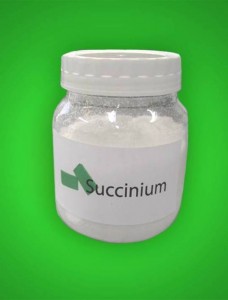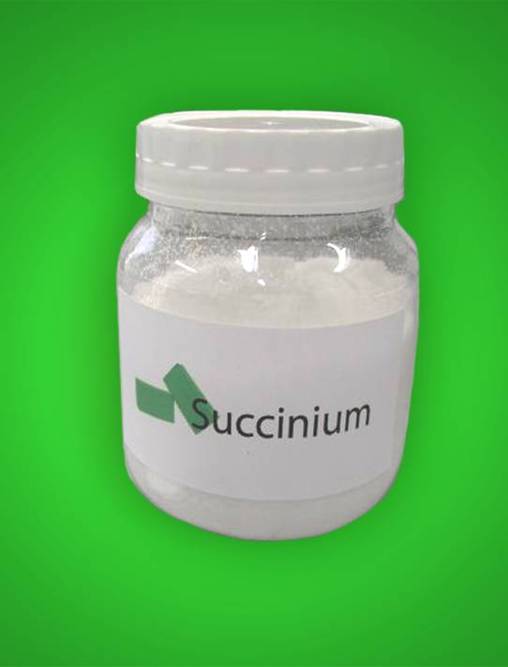 I haven’t posted much about bio-based succinic acid recently as most of my information on this space now goes directly to Tecnon OrbiChem’s BioMaterials newsletter. However, here’s a recent news from Reverdia and Covestro (formerly Bayer MaterialScience) on their collaboration on thermoplastic polyurethanes (TPU) using Reverdia’s Biosuccinium succinic acid.
I haven’t posted much about bio-based succinic acid recently as most of my information on this space now goes directly to Tecnon OrbiChem’s BioMaterials newsletter. However, here’s a recent news from Reverdia and Covestro (formerly Bayer MaterialScience) on their collaboration on thermoplastic polyurethanes (TPU) using Reverdia’s Biosuccinium succinic acid.
Covestro will employ the bio-succinic acid for its Desmopan brand TPU for use in a variety of applications including footwear and consumer electronics. For those who are not familiar with the formulation of PU, it is typically manufactured from the combination of a polyol and an isocyanate. Bio-succinic acid is now being used to replace the (usually) adipic acid component of the polyester polyol chain.
Reverdia’s Biosuccinium is produced at commercial scale since 2012 in Cassano, Italy, using the company’s patented low-pH yeast technology. Covestro said it is planning to expand its bio-based TPU production in Taiwan to industrial scale. Bio-based Desmopan products are available in various hardness grades, including 85 Shore A, 95A and 60D. They reportedly match the properties of conventional grades. The biomass content of the bio-based TPU is 65% for 85 Shore A, 52% for 95A and 42% for 60D.
By the way, BioAmber just announced its recent quarter earnings result so I’m looking forward to reading the progress of their Sarnia bio-succinic acid plant. I am liking how the bio-succinic acid industry is progressing so far despite the current low oil price environment.




